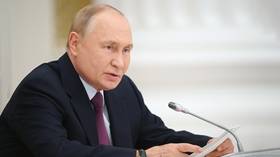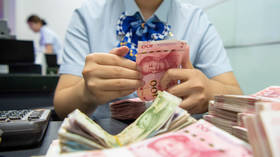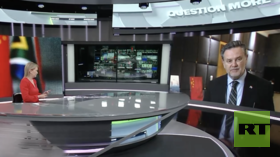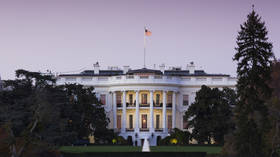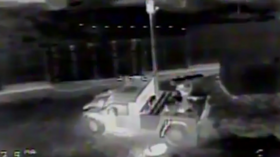NATO responds to Putin’s nuclear doctrine changes
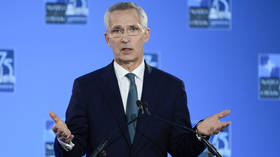
NATO is not worried about Russia’s recently announced updates to its nuclear doctrine, the outgoing secretary general of the US-led military bloc, Jens Stoltenberg, has said.
Russian President Vladimir Putin proposed new rules for the use of nuclear weapons last week, citing new threats from the West. The move has been widely understood as a message to the US and its allies about “red lines” in their proxy war in Ukraine.
NATO has not detected any changes in Russia’s nuclear posture “that requires any changes from our side,” Stoltenberg told Reuters on Monday, in his last interview from the NATO headquarters in Brussels. He will be replaced by former Dutch prime minister Mark Rutte on Tuesday.
”What we have seen is a pattern of reckless Russian nuclear rhetoric and messaging, and this fits into that pattern,” the Norwegian politician said. “Every time we have stepped up our support with new types of weapons – battle tanks, long-range fires or F-16s – the Russians have tried to prevent us.”
Because the West has not been deterred by Russian messaging so far, Stoltenberg argued, the nuclear doctrine update “should not prevent NATO allies from supporting Ukraine.”
Stoltenberg acknowledged that there was “no silver bullet” that could change the battlefield dynamics. NATO can’t change Putin’s mind about Ukraine, he said, but “I think we can change his calculus” by making the cost of continuing the fight too high.
”In a war, there are no risk-free options,” Stoltenberg said, when asked whether continued military aid to Kiev risked a direct confrontation with Russia. From NATO’s standpoint, he argued, a Russian victory in Ukraine would indicate to other countries that using military force and threatening the bloc is acceptable. “Then [Putin] gets what he wants and that will make us all more vulnerable,” he added.
The former Norwegian prime minister became NATO’s secretary general in 2014, replacing his Danish colleague Anders Fogh Rasmussen, who is now a lobbyist for Ukraine. Stoltenberg’s term has been repeatedly extended due to the bloc’s inability to agree on his replacement.
Russia’s proposed doctrinal changes would allow for the use of nuclear weapons in the event of an attack on Belarus, in case of a conventional attack by a country backed by a nuclear state – including Ukraine – and upon “receipt of reliable information” about a missile launch at Russia.
